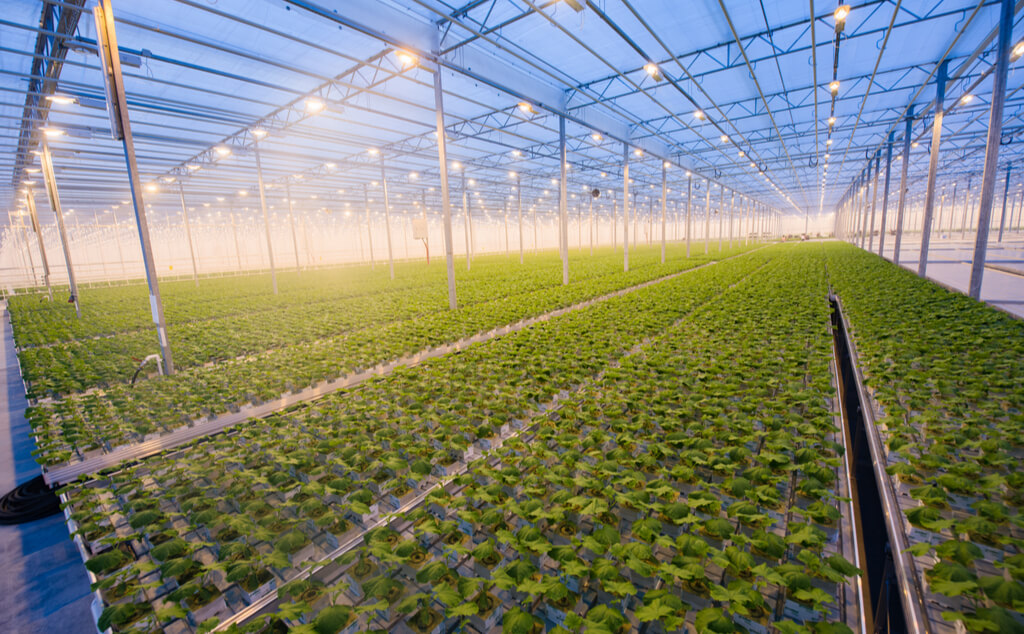
Hydroponics refers to farming without soil. Instead, plants get all their nutrients from a water-based solution filled with minerals they need to grow. This radically different farming method remains quite a mystery for most people.
If you are unsure whether or not to invest in hydroponics, it helps to understand the practice's pros and cons thoroughly. Without further ado, let’s dive into the advantages and disadvantages of hydroponic farming.
Hydroponic Farming: The Pros
1. Plants Can Grow Anywhere
Hydroponic farming is a highly regulated form of agriculture. Here, you control virtually every aspect of growth, which means you don’t rely on the weather and other farming variables. Therefore, you can plant your crops anywhere and at any time.
Additionally, you will save a lot of space with hydroponic farming. This is because plants don’t need to spread their roots in search of nutrients since the solution they are suspended in contains all the nutrients they need to grow. If you are short on space, you might consider investing in hydroponics.
2. Fewer Pesticides
A key benefit of hydroponic farming is the elimination of pests that are common with soil farming. This is because plants grow in a sterile environment where pests cannot thrive. This means that you won’t need to spend a lot of money on pesticides, which will lower your farm expenditure significantly.
Additionally, it means that you won’t expose your plants to potentially harmful chemicals, which ultimately makes them healthier for human consumption.
3. Less Work
Another advantage of growing plants via hydroponics is that it eliminates the need for weeding. Unlike soil farming, you only introduce the plants you want into your farm, which means that weeds have no chance of getting in and thriving.
Moreover, hydroponics minimizes the need for watering since the plants are always immersed in water. What’s better, you will reduce the amount of water you use on your farm because there is minimal wastage of this essential resource.
Hydroponic Farming; The Cons
1. Expensive
There is no denying that hydroponic farming is expensive. You will have to invest heavily in top-notch equipment to be successful in this venture. However, purchasing your equipment from a Hydroponics Wholesaler can help lower your expenses significantly.
Additionally, hydroponic farming requires a lot of expertise in the area. You may have to employ a dedicated expert in hydroponics, which can be quite costly. Additionally, be ready to have someone always on hand since the plants need constant monitoring.
2. Over-reliance on Electricity
Another disadvantage of hydroponic farming is that it is excessively reliant on electricity. Should you experience a blackout that outlasts your generator, you will most likely suffer heavy losses due to plant damage. Ultimately, this overdependence on electricity can be crippling to your business.
Conclusion
Hydroponics farming is mostly a novel idea that many people are ill-informed about. You ought to consider the pros and cons of hydroponic farming before deciding whether or not to invest in this venture. Now that you know the main advantages and disadvantages of this kind of agriculture, all that remains is to decide if it is the right path for you.
Thanks for signing up to Minutehack alerts.
Brilliant editorials heading your way soon.
Okay, Thanks!